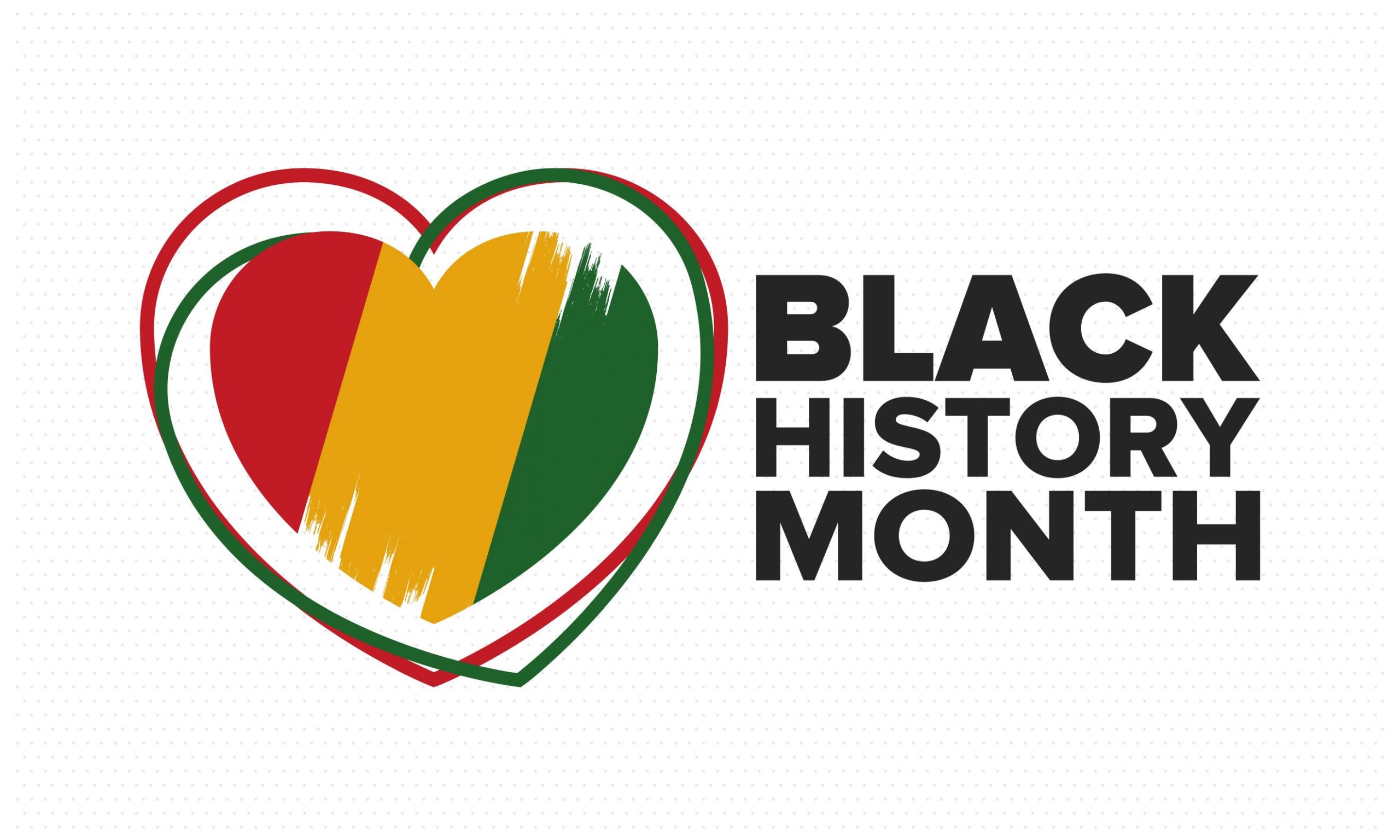Did you know that Black History Month was established in 1976? President Gerald Ford officially designated February as a month to, “seize the opportunity to honor the accomplishments of Black Americans in every area of endeavor throughout our history.”
As we celebrate the contributions of African Americans who forged a path and opened doors for future generations, let’s recognize and honor the achievements of Black educators who made a difference through their dedication and commitment to improving the lives of children in this country.
Selena Sloan Butler

Selena Sloan Butler was an African American teacher, organizer, publisher, peacemaker, humanitarian and child advocate. She taught in segregated schools in Atlanta in the early 1900s and was determined to unite African American mothers to advocate for children, especially those in segregated communities. In 1911, she founded the first Colored Parent-Teacher unit following the same structure of the National Congress of Mothers and Parent-Teacher Association, which later became National PTA. Through her dedication, by 1919 virtually all segregated schools in Georgia had a local unit, which joined forces to form the Georgia Congress of Colored Parents and Teachers. Her work spread, and in 1926, the National Congress of Colored Parents and Teachers (NCCPT) was formed. She was voted in as the first president. NCCPT functioned for more than four decades until public schools were no longer legally segregated. After working side-by-side for every child through the Civil Rights movement, National PTA and NCCPT signed a Declaration of Unity and merged in 1970. Learn more about the work of Selena Sloan Butler and her role in the history of National PTA.
Lois Jean White
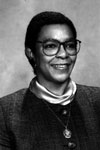
Lois Jean White made history as the first African American president of National PTA when she assumed office in 1997, just over a quarter of a century after the unification of National PTA and the National Congress of Colored Parents and Teachers. Her presidency represented the living emblem of the organization’s commitment to celebrating diversity and promoting inclusion. Shortly before becoming National PTA president, she participated in the historic President’s Summit for America’s Future. Retired General Colin Powel served as General Chairman of the summit, while Presidents’ Clinton and Bush served as honorary cochairs. The goals of the summit were to mobilize millions of citizens and thousands of organizations to participate in volunteer work. Learn more about Lois Jean White and her term as National PTA president.
Dr. Edmund Gordon
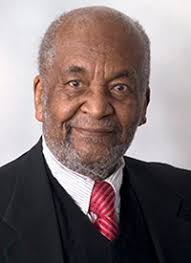
Dr. Edmund Gordon, a distinguished psychologist, professor, and author, was tapped by President Lyndon Johnson to be the primary architect of the federal Head Start program, which was designed to help break the cycle of poverty by providing preschool children of low-income families with a comprehensive program to meet their emotional, social, health, nutritional and psychological needs. An estimated 37 million children have been served by the program Gordon designed. He is a leading scholar on divergent learning styles and one of the first educators to focus on closing the academic achievement gap.
Dr. Frederick Douglass Patterson
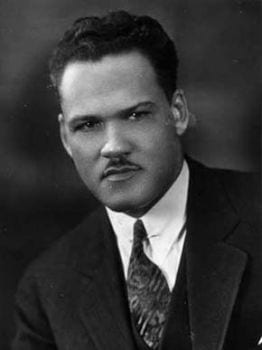
Dr. Frederick Douglass Patterson, named after social reformer and human rights activist Frederick Douglass, was passionate about education, earning three academic degrees as well as a Doctorate of Veterinary Medicine and Master of Science from the University of Iowa. In 1935, at the age of 33, he was named President of Tuskegee Institute, which later became Tuskegee University, a position he held until 1953. While there, he developed a preeminent veterinarian program that, to this day, graduates 75% of the nation’s African American veterinarians. He was a champion of making higher education accessible to African American students, and in 1944 founded the United Negro College Fund (UNCF). Today, UNCF is the nation’s largest minority education organization, awarding over $100 million a year in scholarships to over 10,000 students.
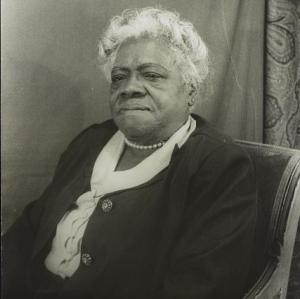
Mary McLeod Bethune is one of the most important black educators and civil rights leaders of the twentieth century. As a lifelong educator, she founded Bethune-Cookman college, which set the educational standards for today’s black colleges. She went on to become the highest-ranking African American woman in government when she was named the Director of Negro Affairs for the National Youth Administration in 1936. In 1940, she became vice president of the National Association for the Advancement of Colored Persons (NAACP), a position she held for the rest of her life.
Read about the incredible accomplishments of other African American pioneers during Black History Month.
Valerie Kirk is a freelance writer and mom of a teenager and a tween who lives in Gambrills, Md.

